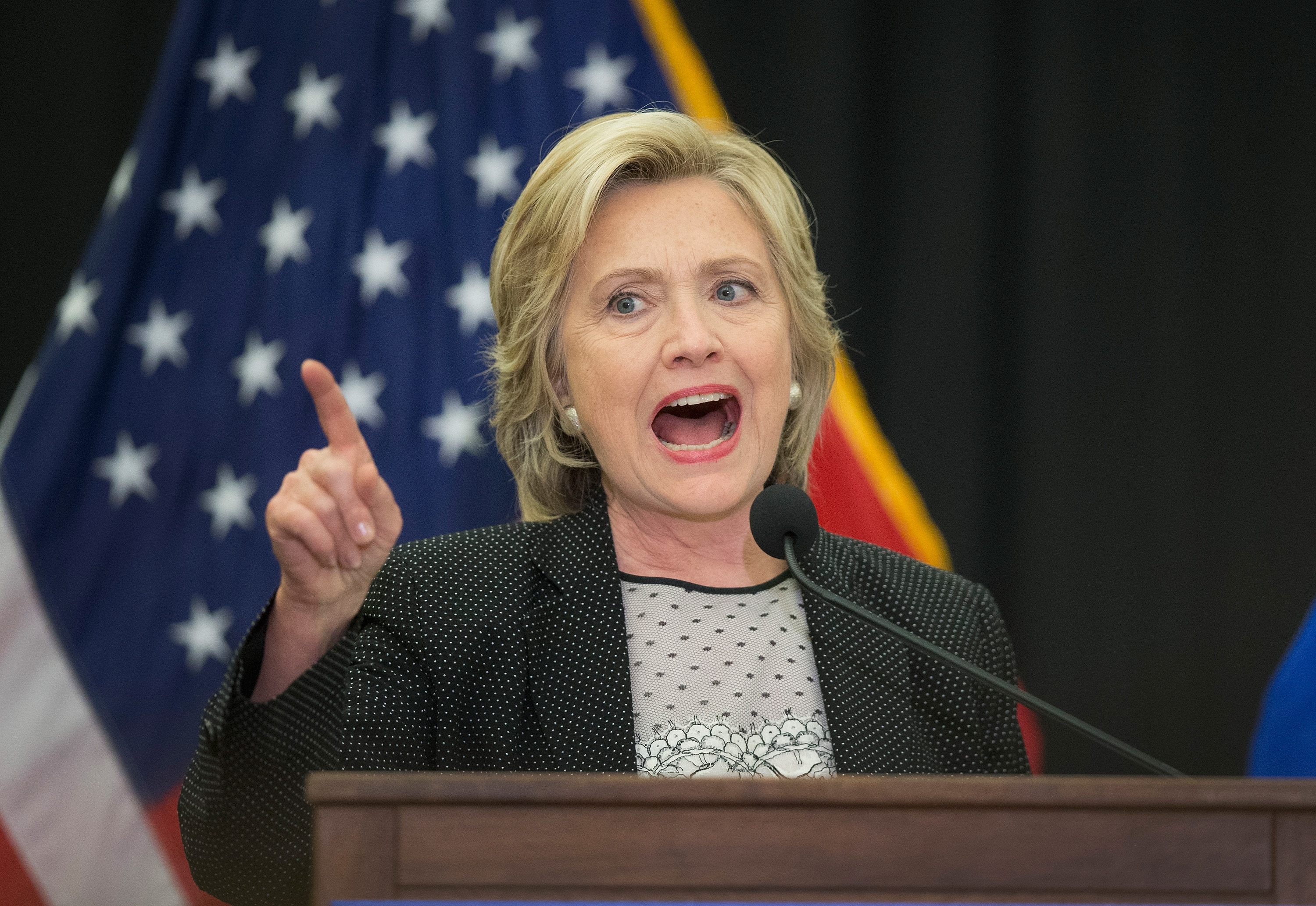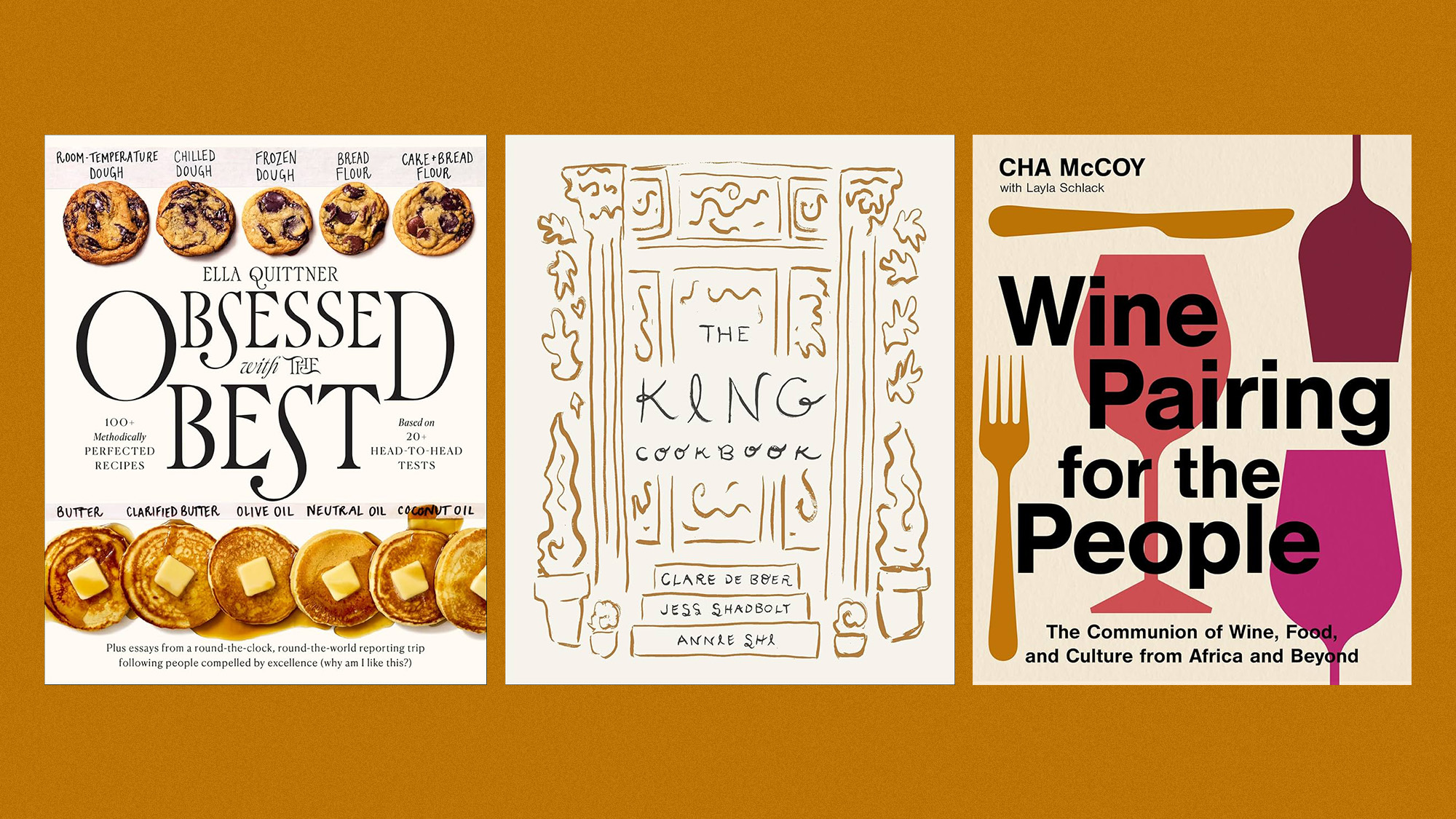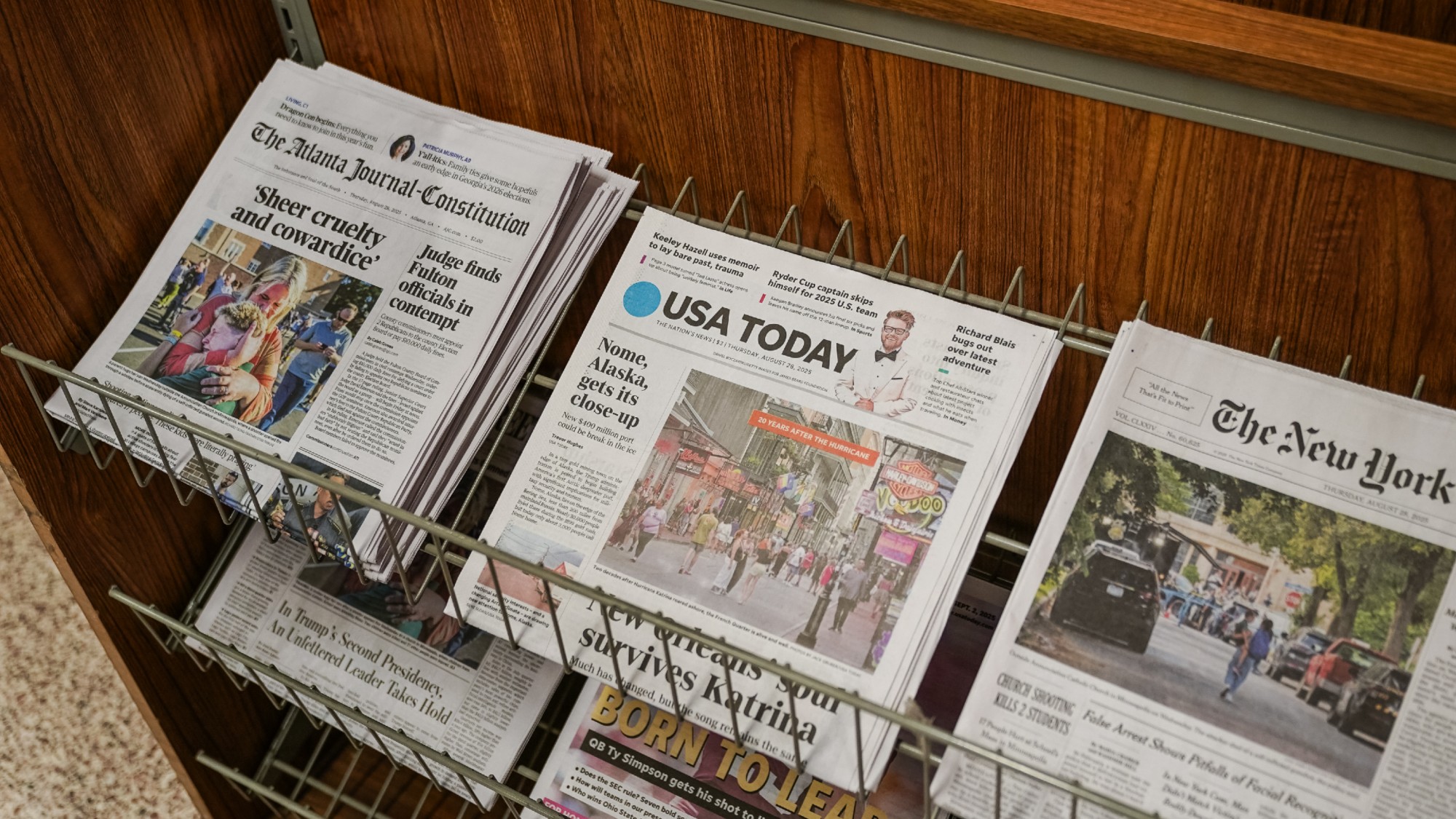What can be learned from Hillary Clinton's slurs against Reconstruction
Abraham Lincoln's greatness was not in being forgiving to the South


On Easter Sunday in 1873, in Colfax, Louisiana, white terrorists murdered about 150 black Americans in cold blood.
The reason: simple political control. Democrats — then the party of white supremacist ex-Confederates — wanted control of the Colfax courthouse, which was the center of government for Grant Parish. Local politics in those days had largely decayed to a running guerrilla war between black Republicans and federal troops on one side, and white supremacist militias backing the Democrats on the other. So white Democrats overpowered the Republican garrison, forced them to surrender, then brutally murdered the black captives.
This was the single most violent episode of Reconstruction, according to historian Eric Foner. Yet when describing why Abraham Lincoln was her favorite president at a candidate forum Monday night, Hillary Clinton butchered Reconstruction's history. It's a good opportunity to correct the record, and glean why Lincoln really was America's greatest president.
The Week
Escape your echo chamber. Get the facts behind the news, plus analysis from multiple perspectives.

Sign up for The Week's Free Newsletters
From our morning news briefing to a weekly Good News Newsletter, get the best of The Week delivered directly to your inbox.
From our morning news briefing to a weekly Good News Newsletter, get the best of The Week delivered directly to your inbox.
Here's Clinton:
[Lincoln] was willing to reconcile and forgive. And I don't know what our country might have been like had he not been murdered, but I bet that it might have been a little less rancorous, a little more forgiving and tolerant, that might possibly have brought people back together more quickly. But instead, you know, we had Reconstruction, we had the re-instigation of segregation and Jim Crow. We had people in the South feeling totally discouraged and defiant. So, I really do believe he could have very well put us on a different path. [CNN]
There are two problems here. Most glaring is the tacit endorsement of the racist Dunning School view of Reconstruction as some bungled and unjustified imposition from the north, when in reality it was a briefly successful attempt to build a true democracy in the South. Clinton implies that it was Southern anger at unjust Reconstruction policy that led them to institute Jim Crow, but in reality the entire point of the terrorist violence that overthrew Reconstruction was to re-institute white supremacy by crushing black political power. Jim Crow was the goal from the very end of the war.
The second problem flows from the first. Lincoln's successor, Andrew Johnson, actually was extremely forgiving and tolerant towards the defeated Confederates. The result was to inflame violence. White Southerners were economically devastated and demoralized by losing the Civil War, and in early 1865 were largely resigned to whatever the North was going to impose. Later Reconstruction would get quite aggressive, but Johnson delayed things for many crucial months by vetoing everything Congress passed and pardoning tens of thousands of ex-Confederates. This gave the forces of white supremacy some crucial time to regroup and reorganize.
In other words, the problem with Reconstruction was not that it was too mean to the defeated slave-owning traitors of the Confederacy. The problem was that it was not mean enough — universal racial democracy should have been immediately and forcibly imposed, complete with a prolonged federal occupation of the South.
A free daily email with the biggest news stories of the day – and the best features from TheWeek.com
All this makes Clinton's explanation for why Lincoln was so great so much sentimental porridge. His entire presidency was consumed by the most violent war in the history of the Western Hemisphere — a war sparked by his election on a platform of halting the expansion of slavery. His true greatness lies in how he grew and changed during that war, deploying his peerless political mastery toward the preservation of the Union and the gradual extension of black rights.
At the beginning of his presidency, he still flirted with deporting black Americans to Africa; by the end he was a fervent defender of the rights of black soldiers. In response to pressure in 1864 to end the war by compromising on slavery, he leaned on the valor of black soldiers, 100,000 of whom were currently fighting in Union armies: "Why should they give their lives for us, with full notice of our purpose to betray them?… I should be damned in time & in eternity for so doing. The world shall know that I will keep my faith to friends & enemies, come what will." It was a speech in favor of voting rights for black veterans that inspired yet another Confederate terrorist to murder him.
In his book The Fiery Trial, Foner speculated about how Lincoln might have headed Jim Crow off at the pass. It's easy to imagine him gradually evolving towards where the Radical Republicans ended up by 1867: in favor of a true multi-racial democracy, imposed by federal troops where necessary. Instead of Johnson's vile racism making the government work at cross-purposes, Lincoln would have shepherded the project with his trademark skill from the start.
At any rate, such is naught but speculation. But what is certain is that Lincoln would have had to use government force to protect black freedmen, and that he was no stranger to such action. The lesson for Clinton, as she and Bernie Sanders compete for the black vote, is that sustained government force — imposed over the howling objections of many white elites — has historically been the only thing that advanced black rights in this country.
Ryan Cooper is a national correspondent at TheWeek.com. His work has appeared in the Washington Monthly, The New Republic, and the Washington Post.
-
 9 new cookbooks begging to be put to good winter use
9 new cookbooks begging to be put to good winter usethe week recommends Booze-free drinks, the magic versatility of breadcrumbs and Japanese one-pot cooking
-
 Bari Weiss’ ‘60 Minutes’ scandal is about more than one report
Bari Weiss’ ‘60 Minutes’ scandal is about more than one reportIN THE SPOTLIGHT By blocking an approved segment on a controversial prison holding US deportees in El Salvador, the editor-in-chief of CBS News has become the main story
-
 ‘Journalism is on notice’
‘Journalism is on notice’Instant Opinion Opinion, comment and editorials of the day
-
 Bari Weiss’ ‘60 Minutes’ scandal is about more than one report
Bari Weiss’ ‘60 Minutes’ scandal is about more than one reportIN THE SPOTLIGHT By blocking an approved segment on a controversial prison holding US deportees in El Salvador, the editor-in-chief of CBS News has become the main story
-
 Has Zohran Mamdani shown the Democrats how to win again?
Has Zohran Mamdani shown the Democrats how to win again?Today’s Big Question New York City mayoral election touted as victory for left-wing populists but moderate centrist wins elsewhere present more complex path for Democratic Party
-
 Millions turn out for anti-Trump ‘No Kings’ rallies
Millions turn out for anti-Trump ‘No Kings’ ralliesSpeed Read An estimated 7 million people participated, 2 million more than at the first ‘No Kings’ protest in June
-
 Ghislaine Maxwell: angling for a Trump pardon
Ghislaine Maxwell: angling for a Trump pardonTalking Point Convicted sex trafficker's testimony could shed new light on president's links to Jeffrey Epstein
-
 The last words and final moments of 40 presidents
The last words and final moments of 40 presidentsThe Explainer Some are eloquent quotes worthy of the holders of the highest office in the nation, and others... aren't
-
 The JFK files: the truth at last?
The JFK files: the truth at last?In The Spotlight More than 64,000 previously classified documents relating the 1963 assassination of John F. Kennedy have been released by the Trump administration
-
 'Seriously, not literally': how should the world take Donald Trump?
'Seriously, not literally': how should the world take Donald Trump?Today's big question White House rhetoric and reality look likely to become increasingly blurred
-
 Will Trump's 'madman' strategy pay off?
Will Trump's 'madman' strategy pay off?Today's Big Question Incoming US president likes to seem unpredictable but, this time round, world leaders could be wise to his playbook
